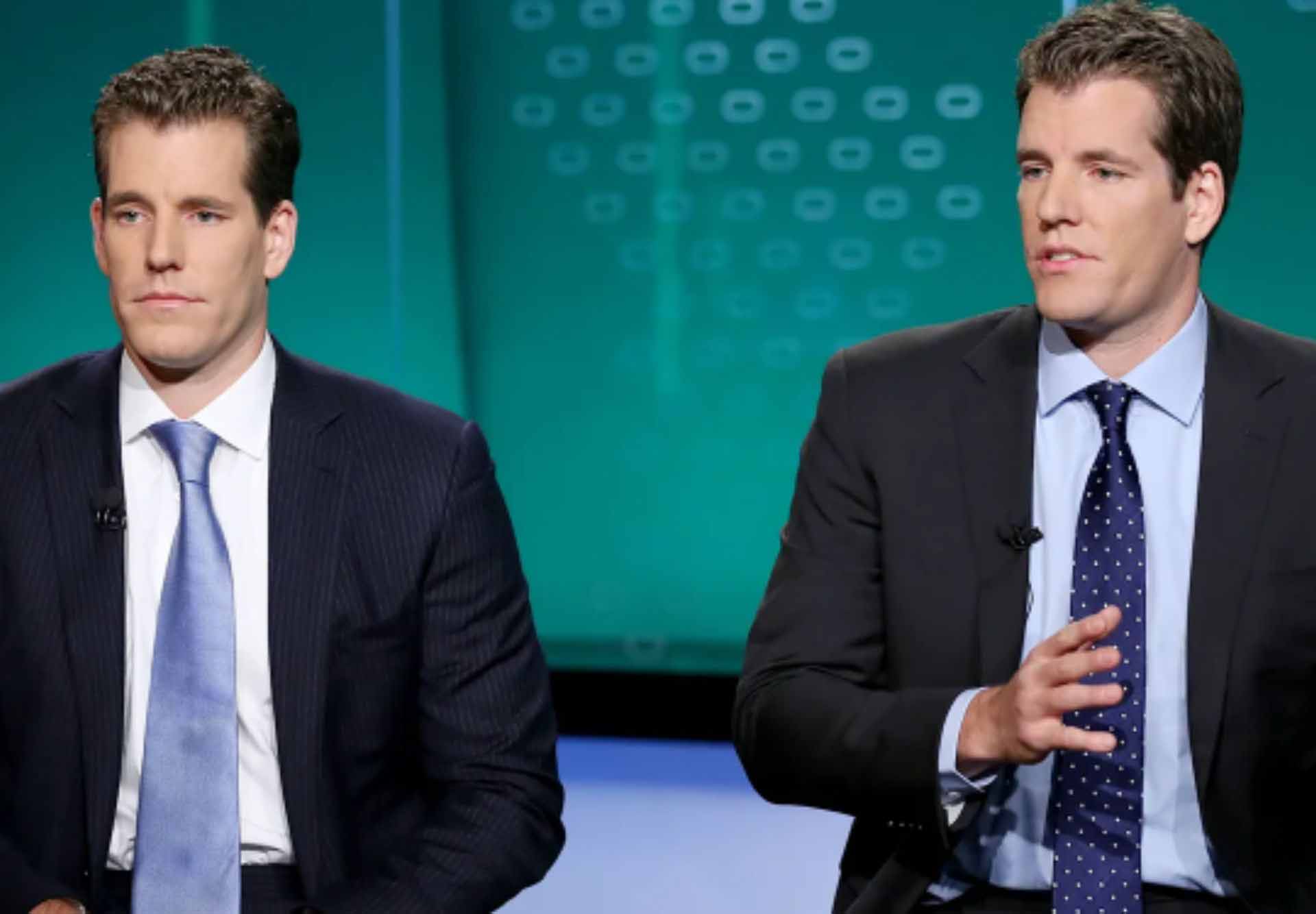In an overt communication, Cameron Winklevoss rebuked DCG’s Barry Silbert for purportedly adopting a victim mentality while being indebted to 232,000 Earn customers of Gemini with $1.2 billion.
The Chief Executive Officer and founder of cryptocurrency exchange Gemini, Cameron Winklevoss, has once more proposed to litigate against Digital Currency Group (DCG) and its CEO Barry Silbert. The contention stems from the delayed resolution concerning funds that Gemini is owed by the now insolvent lender Genesis. Winklevoss reproached the CEO for apparently adopting the stance of a victim.
In Winklevoss’s forthright “Open Letter to Barry Silbert” dated July 4, he claimed DCG had participated in “deceptive activities” through a “regime of lies and deceit,” jeopardizing Gemini’s 232,000 Earn clients.
In his vehement letter, Winklevoss accused Silbert of purposefully postponing a resolution via “exploitation” of the mediation procedure. The letter expresses:
“Mediation has granted DCG an indefinite moratorium on the $630 million it owes Genesis — without cost.”
Winklevoss has found most alarming Silbert’s alleged declaration of being the “aggrieved party” in the dispute.
Winklevoss stated, “It takes a uniquely audacious individual to owe $3.3 billion to hundreds of thousands of people and presume, or at least feign the assumption, that they are somehow the victim,” he continued, “Even Sam Bankman-Fried couldn’t entertain such a fantasy.”
Genesis, a lender under DCG, backed Gemini’s Earn scheme, offering as much as 8% returns to depositors. Yet, Genesis announced a temporary suspension of withdrawals on Nov. 16, 2022, attributing it to “unforeseen market unrest.”
Bankruptcy proceedings for Genesis were initiated on Jan. 19, 2023, with Gemini attempting to reclaim its share of the billions Genesis owes to creditors.
But Winklevoss appears to have reached his threshold following multiple delays.
“Your games have come to an end,” said Winklevoss, explaining that professional fees have now “skyrocketed” to beyond $100 million at the expense of creditors and Earn users. “Enough is enough.”
Winklevoss has set an ultimatum for Silbert — accept his firm’s “final offer” by 4 pm Eastern Time on July 6 or confront litigation on July 7.
The proposed deal stipulates that DCG pay $275 million by July 21, an extra $355 million before July 21, 2025, and a concluding payment of $835 million by July 21, 2028. This payment schedule aligns with the “Plan Support Agreement” date proposed by Winklevoss. The total payment will amount to $1.47 billion.
Winklevoss has requested the payments to be remitted in the form of Bitcoin, Ether, and the United States dollar. The funds are anticipated to be sourced from Genesis Global Trading, potential settlements from FTX and Alameda Research’s bankruptcy estates, and Avalanche and Near tokens, which may be claimed from the bankruptcy estate of Three Arrows Capital.
DCG was contacted by Cointelegraph for comment but did not immediately respond.
Understanding the Importance of Trust in the Crypto World
The feud between Winklevoss and Silbert highlights the importance of trust and transparency in the world of cryptocurrencies. While the technology behind these digital assets is decentralized and autonomous, the entities that manage and trade them are not. This means the conduct of leaders in the industry can have a significant impact on their customers’ investments and trust in the platform. It is therefore crucial for leaders to adhere to ethical practices and provide clear communication, especially in situations involving financial risks.
The Potential Impact on the Cryptocurrency Community
This dispute could have broader implications for the cryptocurrency community. If legal proceedings go ahead, it may lead to increased regulatory scrutiny, which could impact how digital asset businesses operate. For users of cryptocurrency platforms, this situation underscores the importance of thoroughly researching platforms and understanding the risks associated with investing in digital assets.

